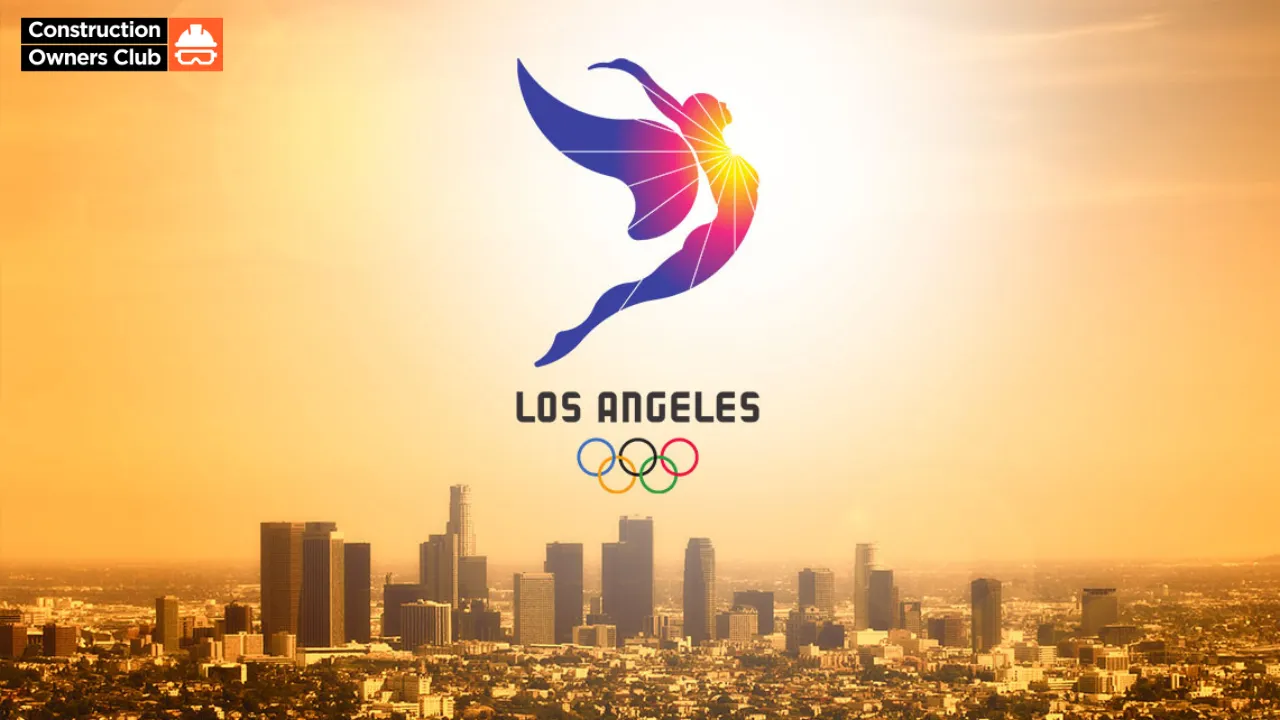
The construction of the Olympic Village for the Los Angeles 2028 (LA28) Games is a monumental undertaking, promising to reshape the city’s landscape. However, the project is fraught with challenges that demand careful consideration and innovative solutions.
The village, designed to accommodate thousands of athletes from across the globe, is envisioned as a temporary metropolis, complete with housing, dining, and support facilities. While the concept is ambitious, its realization will require meticulous planning and execution.
A key challenge lies in the temporary nature of the village. Once the Games conclude, the structures must be repurposed or demolished. This necessitates careful consideration of building materials, construction methods, and potential post-Games uses. The success of the repurposing phase will significantly impact the village's overall legacy.
Sustainability is a core principle of the LA28 Games, and the Olympic Village is expected to embody this commitment. Incorporating green building practices, renewable energy sources, and water conservation measures is essential. However, balancing environmental goals with budgetary constraints and construction timelines can be complex.
Furthermore, the village's location and scale present logistical hurdles. Building a community capable of housing and supporting thousands of people within a relatively short timeframe requires efficient coordination and resource management. Additionally, the impact on local infrastructure, transportation, and public services must be carefully assessed and mitigated.
The economic implications of the Olympic Village are multifaceted. While it can stimulate local economies through construction jobs and increased tourism, it also carries financial risks. Cost overruns, delays, and unforeseen challenges can strain budgets and impact the overall profitability of the Games.
Beyond the practical considerations, the Olympic Village represents an opportunity to create a lasting legacy for Los Angeles. If planned and executed effectively, it can become a catalyst for urban renewal, affordable housing development, and community revitalization. However, realizing this potential requires visionary leadership, collaboration among stakeholders, and a long-term perspective.
As construction progresses, it is essential to monitor the project closely and adapt to evolving circumstances. By addressing challenges proactively and capitalizing on opportunities, the LA28 Olympic Village can become a model of sustainable development and a source of pride for the city.
The success of this endeavor will not only define the legacy of the LA28 Games but also shape the future of Los Angeles for generations to come.
Our library of marketing materials is tailored to help construction firms like yours. Use it to benchmark your performance, identify opportunities, stay up-to-date on trends, and make strategic business decisions.
Join Our Community